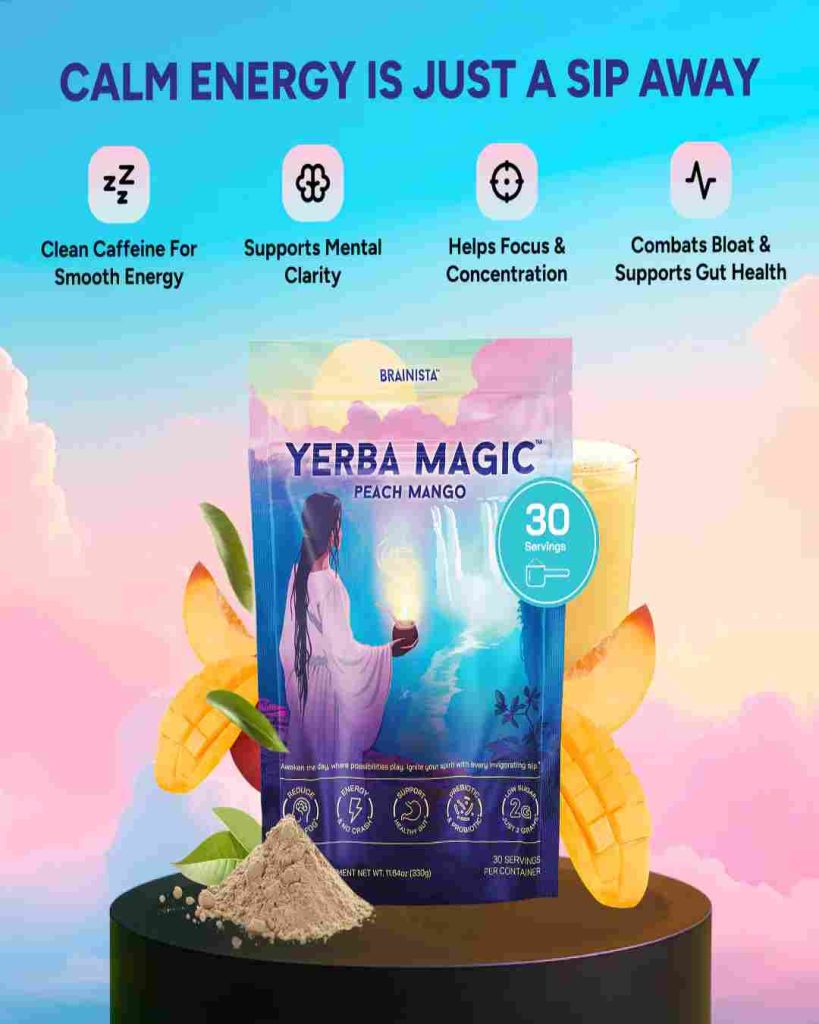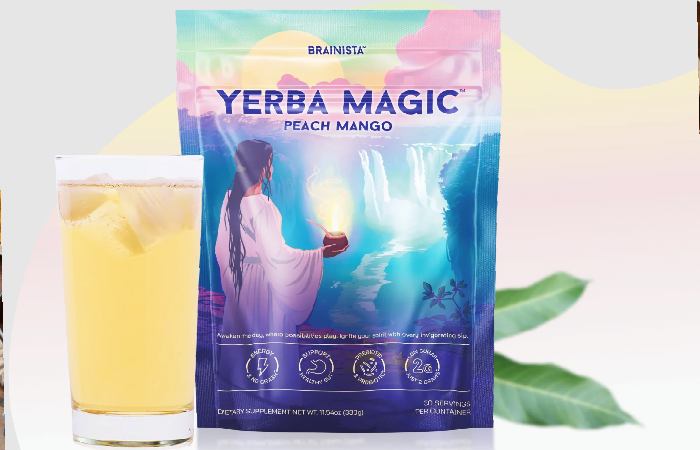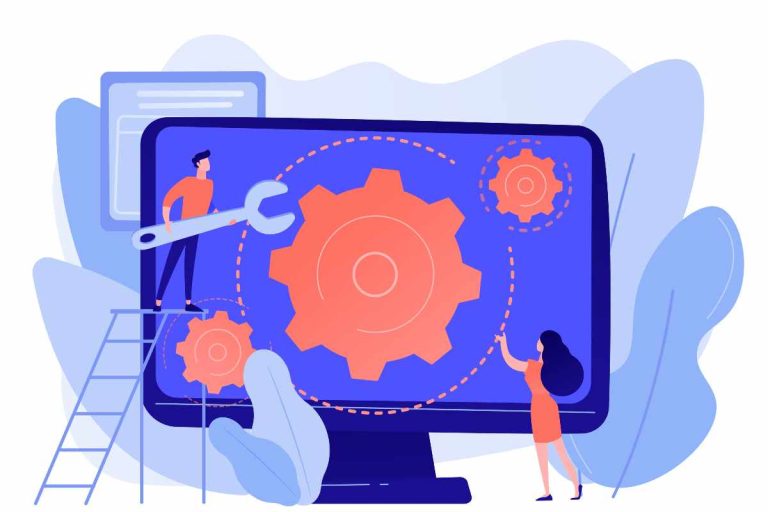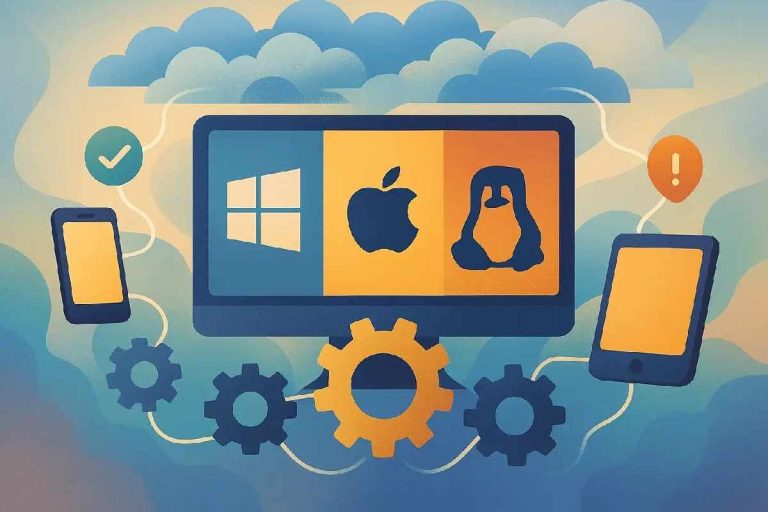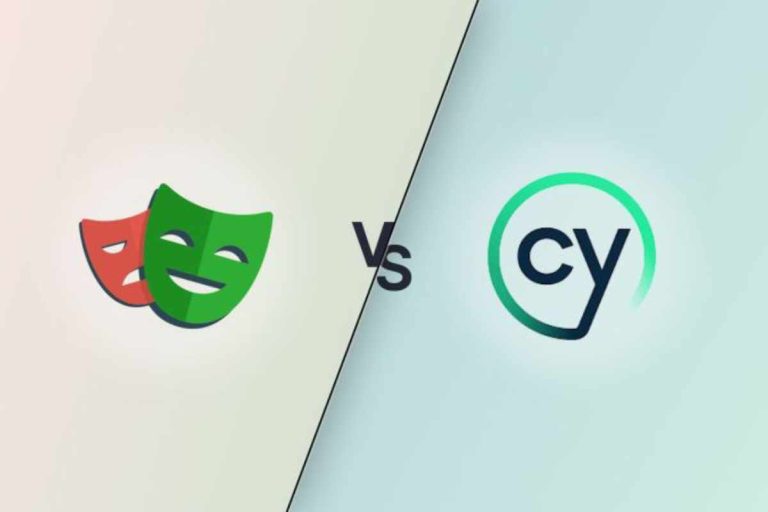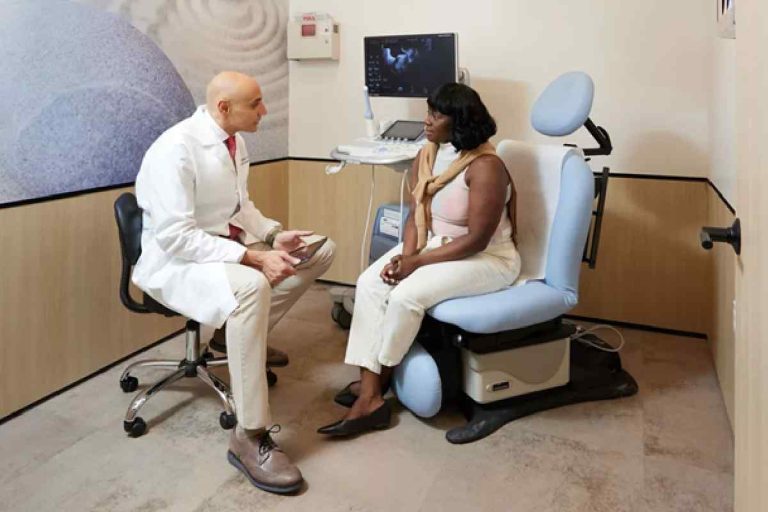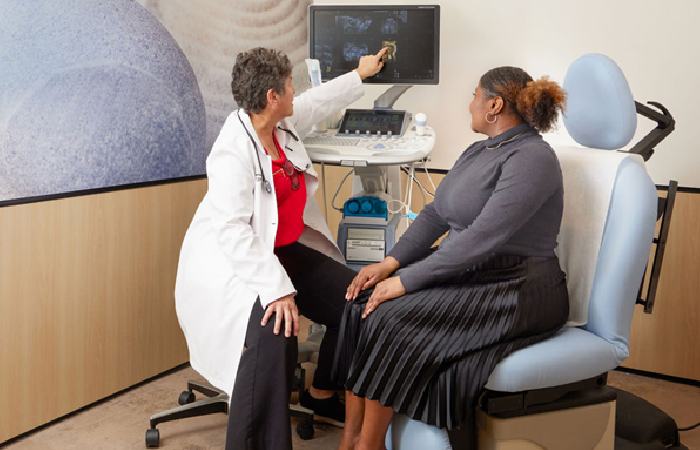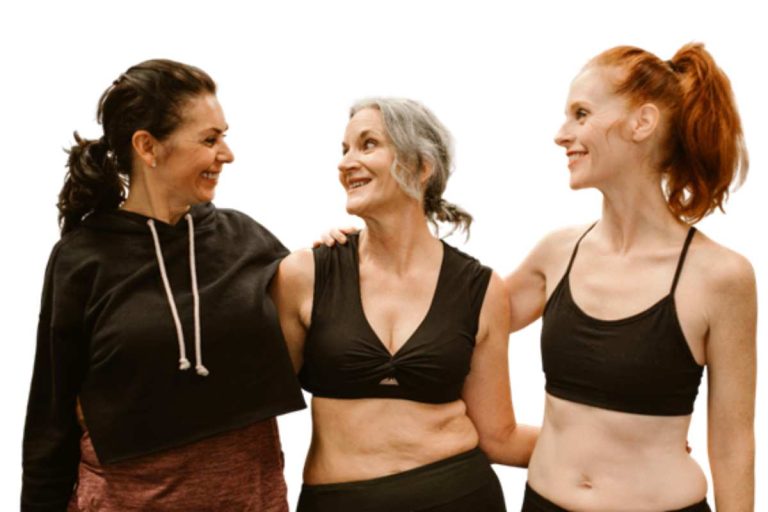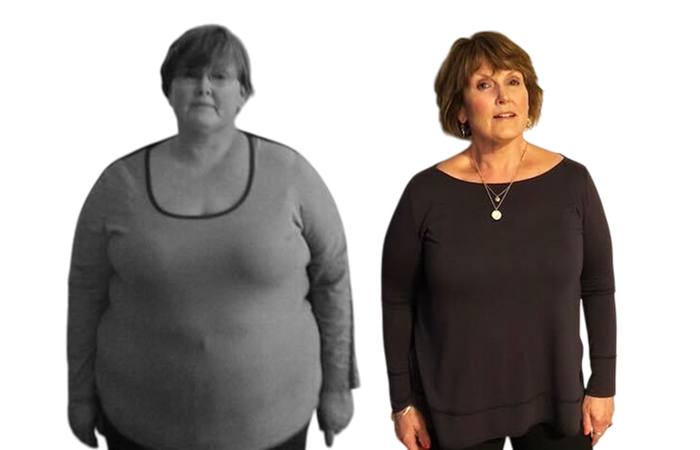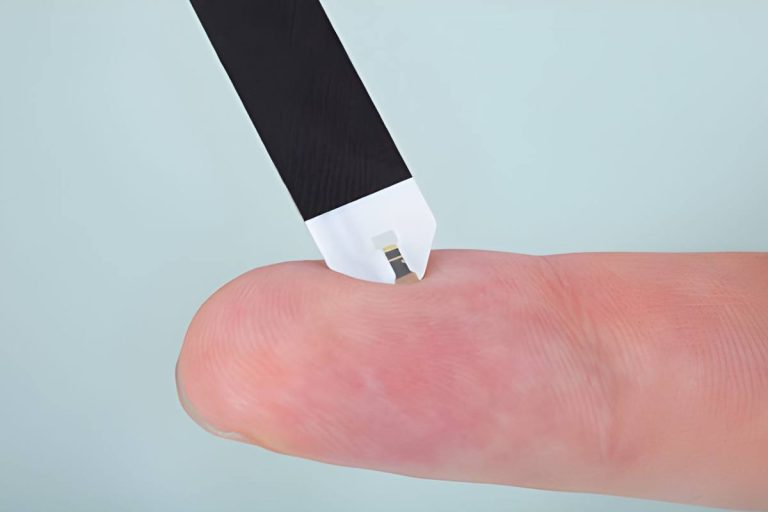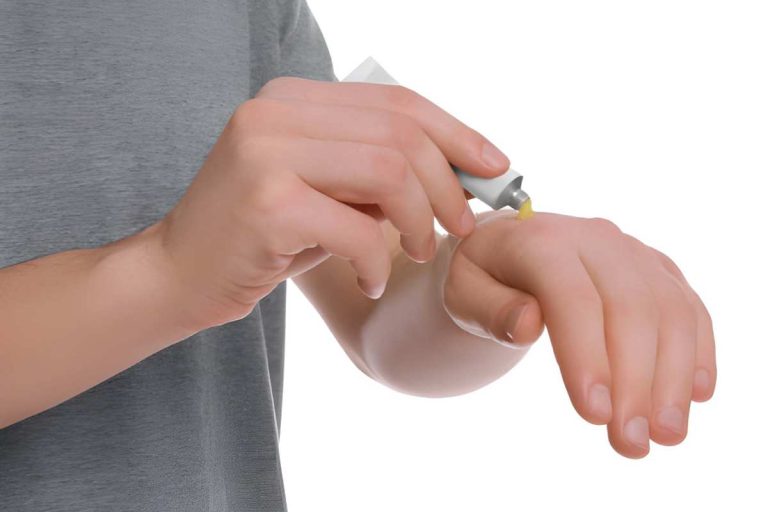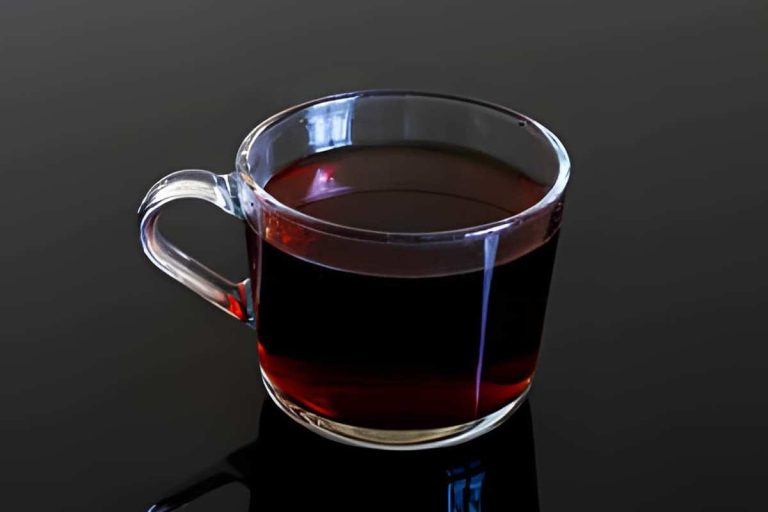Automation testing is a key component of modern QA, which helps organisations develop reliable, high-quality applications. Because of its adaptability and capacity to automate repetitive testing, Selenium, a popular automation testing framework, is an indispensable part of the testing environment.
If you are inexperienced and eager to learn what is Selenium, then to put it briefly, Selenium is an extensive collection that provides numerous tools and libraries for automating interactions with web browsers. It includes a server to monitor browser use on several platforms, in addition to features replicating user interactions with browsers. It adheres to the W3C WebDriver standard, enabling testers to create code that functions seamlessly on all the leading web browsers.
In this article, we will deep dive into Selenium, covering its core architecture, alongside its key capabilities in modern QA. We will also explain some effective strategies to overcome some challenges encountered in performing Selenium tests. So let’s start by understanding a basic overview of Selenium first.
Understanding Selenium
Each day, countless applications are launched onto the web. Currently, the testing teams must consistently be prepared to guarantee that these applications function properly even beyond the development environment. For this testing to work, a reliable and simple framework is necessary.
Selenium is an open-source automation testing framework created specifically for automating the testing of web applications. It is a versatile testing tool that has emerged as the premier automation testing tool, as it allows developers to build strong and flexible automation suites in various programming languages like Python, Java, and more.
Selenium works seamlessly with multiple web browsers, facilitating cross-platform browsing, enabling test cases to run concurrently on multiple platforms.
The Core Architecture of Selenium
The architecture of Selenium consists of three components. They are-
Selenium IDE (Selenium Integrated Development Environment)–
It is a Firefox and Chrome extension, the IDE facilitates the recording and playback of browser interactions. The biggest advantage of Selenium IDE is that no programming knowledge is needed. Simply knowing HTML and DOM would suffice. Most often, the Selenium IDE is chosen for prototyping since it is easy to work with. It’s particularly useful for quickly creating scripts and for exploratory testing without the need to write extensive test scripts.
Selenium WebDriver-
Selenium WebDriver is the most commonly used tool of the Selenium framework. It allows automating user actions with modern-age web browsers and communications with the browsers through a set of open-source APIs.
Its actions are achieved through communication with the browser when Selenium WebDriver is implemented. Supported operating systems for Selenium WebDriver are Windows, Mac OS, Linux and Solaris. For application development, it supports various programming languages such as Java, C#, PHP, Python, Perl, Ruby and JavaScript etc. Mozilla Firefox, Internet Explorer, Google Chrome, Safari, Opera, Android and iOS are among its supported web browsers.
Selenium Grid-
This component of Selenium is used to run parallel tests on devices against their respective browsers. The effectiveness of Selenium Grid relies on which browsers and operating systems are part of the entire framework. It helps with making sure a site works on every browser and platform. Since almost all browsers and operating systems are supported by Selenium, it is easier for the Selenium Grid to run multiple tests at the same time against different devices with different browsers.
Key Capabilities of Selenium in Modern QA
Loaded Selenium Suites
Selenium is not merely one tool; it consists of an extensive set of different testing tools, referred to as a Suite. Every component is uniquely crafted to fulfill distinct testing needs and adjust to diverse testing scenarios.
Taking Screenshots and Recording
Capturing screenshots and logs is essential for diagnosing test failures or addressing problems. Selenium enables the automated capture of screenshots, preserving visual proof of test failures. Logging frameworks such as Spark, Log4j, or Logback can be incorporated into testing frameworks to capture comprehensive data during test runs.
Incorporation of Chrome DevTools Protocol
By integrating with CDP, Selenium allows testers to leverage Chrome DevTools features directly, simplifying intricate browser interactions like network interception, performance profiling, and fetching console logs.
Improved Management of Windows and Tabs
The Selenium Window Management API streamlines the management of numerous windows and tabs, enabling testers to open additional tabs or windows and switch effortlessly among them during test runs.
Integration with Continuous Integration Tools
When used with CI tools Jenkins or TeamCity, automated tests using Selenium let testers supervise and control their executions, observe the outcomes and obtain reports. This strong CI pipeline improves feedback, teamwork, and maintains the reliability of the test automation workflow.
Tests across devices
Selenium test automation can be utilised for mobile web application automation on devices such as Android, iPhone, and Blackberry. This capability aids in producing necessary results and consistently addressing issues.
Mouse and Keyboard Emulation
Using Selenium, testers can mimic real user actions by reproducing mouse movements and keyboard inputs. This method is particularly useful for analysing complex user interactions, automated web page engagement, dynamically loaded content, Single Page Applications (SPAs), and drag-and-drop functionalities.
Integration of User Experience (UX) Testing
Selenium testing encompasses UX-related evaluations, guaranteeing that applications operate correctly while also offering a smooth and instinctive user experience.
Implicit and Explicit Waits
Selenium offers both implicit and explicit waits. Implicit waits enable the driver to pause for a designated time before raising an exception when an element is absent. Explicit waits offer greater control as they enable testers to wait until particular conditions are satisfied before continuing with the test.
Supports Operating Systems
Selenium can function and provide support across a range of operating systems, including Windows, Mac, Linux, and UNIX. With the suite of Selenium solutions, a customised testing suite can be developed on one platform and executed on another. For example, test cases can be created on Windows OS and run on a Linux system with ease.
The Role Of Selenium in Modern QA
Selenium stands out as the most widely used free and open-source automation framework. The benefits of Selenium testing in modern QA are considerable. Notably, it allows for the recording and playback of tests for web applications and can execute multiple scripts across different browsers. The advantages of Selenium for quality assurance are relevant in various sectors.
Increased Focus on AI and Machine Learning
Artificial intelligence and machine learning can be incorporated into Selenium testing to improve test generation, data analysis, and test optimization. Algorithms powered by AI assist in detecting patterns in test failures, providing improvement suggestions, and automatically modifying test scripts in response to application changes.
Numerous platforms leverage machine learning to automate tasks and solve issues associated with integrating Selenium and AI. LambdaTest is one such platform that includes all the core features to perform AI-powered Selenium tests without any infrastructure requirements.
LambdaTest is an AI-native test orchestration and execution platform that allows QA teams to execute manual and automated tests on a larger scale. The platform offers a secure, scalable, and dependable online Selenium Grid that enables testers to execute Selenium tests simultaneously across more than 3000+ environments, and real mobile devices in real-time and at scale.
In addition, LambdaTest employs artificial intelligence and machine learning to generate broader and more precise test scenarios tailored to the application’s needs, thereby enhancing test reliability. The platform uses AI to identify typical Selenium test case problems. This helps to expedite troubleshooting and reduce time spent analysing failures.
With LambdaTest learning hub, testers get insights regarding automation testing tutorials, guides, and videos on topics like what is Selenium WebDriver. These tutorials will assist testers in acquiring all the necessary knowledge for conducting Selenium automation testing through practical use cases and examples. Moreover, LambdaTest’s cloud for visual regression testing automates the identification of visual flaws and provides pixel-accurate digital experiences using Selenium.
Parallel Testing
Parallel testing using Selenium entails running various test suites or cases at the same time to minimise the total testing duration. Testers can conduct parallel testing either on-site or through a cloud-based grid, significantly shortening the software release cycles.
Using its grid, testers can execute Selenium test scripts on both local and cloud environments. Cloud testing enables interaction between the client (test script) and remote browser instances, ensuring smooth execution of test commands on the selected browsers.
Thorough Reporting and Documentation
Selenium offers comprehensive test execution logs and reports, simplifying the process for teams to monitor test outcomes and identify areas needing focus. This comprehensive documentation guarantees transparency and accountability during the testing process, promoting improved communication and cooperation among team members.
Testing with Headless Browsers
Testing with a headless browser using Selenium allows testers to execute tests more quickly, improve resource efficiency, and increase the scalability of testing. Headless browser testing is especially ideal for end-to-end testing, regression testing, performance assessment, visual regression testing, and data extraction (web scraping).
Focused on Security
Security testing is becoming a more essential aspect of Selenium testing, utilising specialised tools and libraries to automate tests related to security.
Ease of implementation
Selenium features a user-friendly interface that streamlines the process of creating and executing tests efficiently. Its open-source nature permits testers to develop their extensions, enabling ease in customisation, development of actions, and advanced manipulation.
Because there is minimal or nearly no reliance on intermediary servers, the automation testing process is extremely quick. No middleware servers are necessary for communication with the browsers. Tests can be run directly across browsers while testers can observe the execution of tests.
Reusability and Add-ons
The Selenium test automation framework utilises scripts that can be applied directly across multiple browsers. Selenium enables testers to develop reusable test scripts that can be utilised in various test cases and projects. Simultaneously, multiple tests can be performed using Selenium, as it addresses nearly all aspects of functional testing through add-on tools that expand the testing scope. This ability to reuse saves time and reduces effort in creating and maintaining test scripts.
Constant updates
The community-driven support for Selenium facilitates ongoing updates and enhancements. These updates are available immediately and do not necessitate special training. This makes Selenium both resourceful and cost-efficient.
Challenges to Look for in Running Selenium Tests
Browser Compatibility- Even though Selenium works with different browsers, the way browsers display pages occasionally creates problems with test results. Therefore, it’s vital to regularly validate the tests across all supported browsers to ensure accuracy.
WebDriver Lagging Issues- Selenium tests are only possible when the version of the WebDriver matches the browser version. When a browser updates, the WebDriver often lags, causing compatibility issues. Use Selenium Manager to handle driver version management automatically.
CAPTCHA Issues- Captchas and MFA often create problems that Selenium alone cannot bypass. Hence, considering test environments with Captchas disabled is the best, or testers can employ tools like browser automation APIs that support CAPTCHA-solving services.
Handling Locators- Updating locators and scripts for every small change can become time-consuming. Self-healing locators should be implemented by AI-based tools that automatically update the locators when the UI changes.
Conclusion
In conclusion, as web applications increase in complexity, the requirement for strong testing frameworks such as Selenium is anticipated to rise. Selenium keeps advancing, adding more advanced features and improving its capabilities to satisfy modern web testing requirements.
Integrating Selenium into modern QA can greatly improve the capacity to provide high-quality software effectively. By utilising Selenium, organisations enhance their software’s dependability and optimise the testing procedures, resulting in quicker releases and increased user satisfaction.
